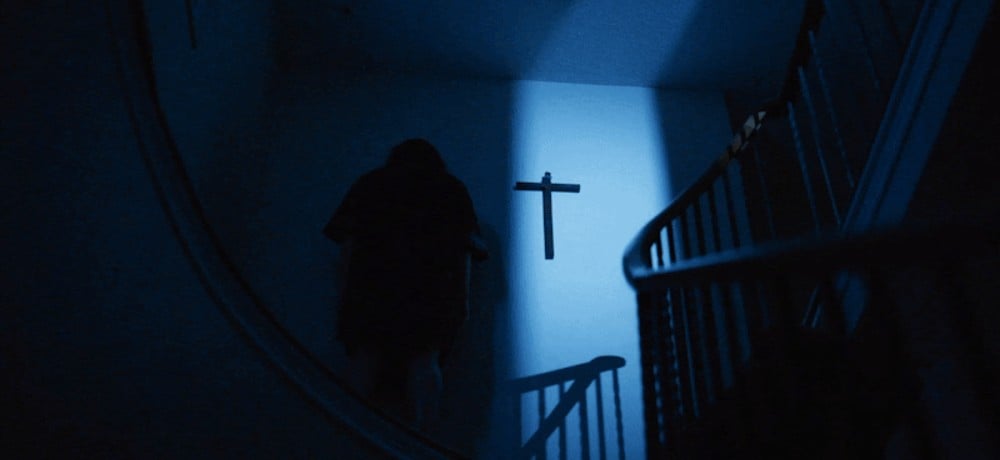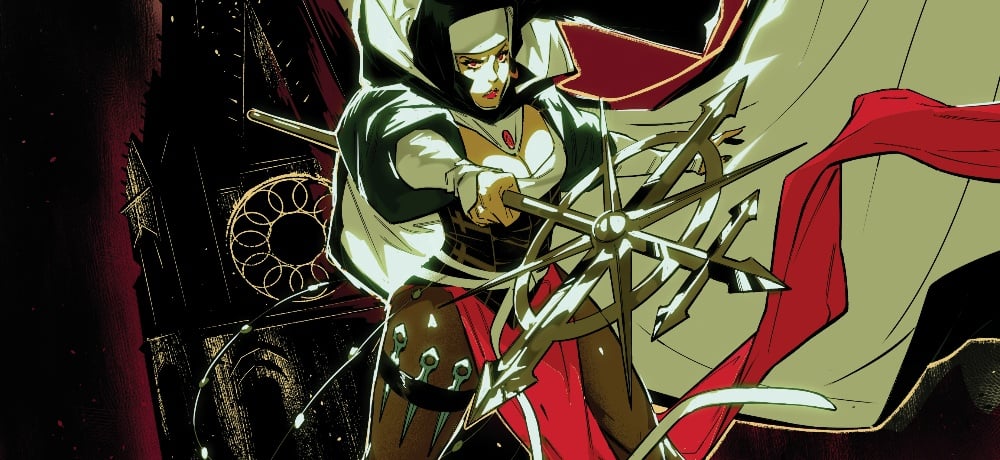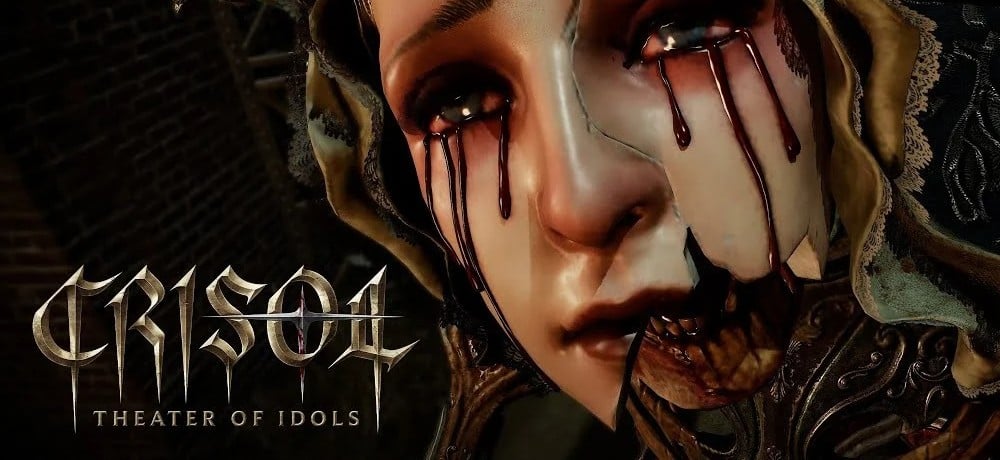





Since the departure of Frank Darabont, we haven't heard anything from Glen Mazzara, the new showrunner of The Walking Dead TV series. Thankfully, AMC has featured Glen Mazzara in this week's "Dispatches From the Set".
While expected, we don't get any information regarding the state of the business behind the making of the show, but we do get to hear Mazzara talk about writing for season 1, Hershel's farm in season 2, and his previous work on successful TV shows.
Q: How did your family react to the news you'd been named The Walking Dead's show-runner?
A: A lot of people are lining up to be zombies. I actually brought my sons over to Greg Nicotero's workshop, and part of me is I want to be made a zombie too. So maybe that will be a cameo some day, I don't know. My son seemed to have a lot of unique ways to kill zombies. None that I really am interested in putting on TV, but that's a big topic of conversation at the dinner table.
Q: You wrote Season 1 Episode 5, "Wildfire." How did that experience compare to helping craft a whole season's narrative arc?
A: Well, last year I wasn't available to staff Season 1. So I was offered a freelance, and really just enjoyed it. I saw what Frank's intention was with the show and sort of broke the story and wrote to fulfill that. So then this year he brought me on to staff and we hired a great writing staff and we really worked out the season arc. So a lot of it is just following that road map. There will certainly be surprises and deviations from that, but I think for the most part, the characters' journeys were discussed in depth at the beginning of the season. What's been surprising is that in the graphic novel the story that takes place on Hershel's farm is really only a few issues. We've been able to mine that for many episodes, and we're very excited about the depth to which we're able to push the characters, the different dynamics that we're able to explore.
Q: What particularly surprised you about this material?
A: Our approach to our group of survivors when they reach Hershel's farm is that they are a plague unto themselves. Nothing goes right for Hershel once Rick and his band show up. They make the zombie apocalypse look like kids in a candy story. What's interesting is that if this was a show solely about Hershel, Rick and his band would really be the antagonists. And that's been really surprising because every action that Rick and his band take is completely logical, but you'll certainly sympathize with Hershel.
Q: You've worked on several police dramas like The Shield. Is it strange to now be writing about a cop who is so far out of his element?
A: Not really. The Shield was a very character-driven, yet action-packed visceral show. So I find writing The Walking Dead to be very similar. It's about character moments and yet you have -- just like in an urban police drama -- anything could go wrong at any minute. One of the things that is different than the shows I've written in the past is that this is a horror show. And I am always cognizant of the fact that people are fighting for their lives and that you have those traditional scares from horror movies that you want to play in a fun, surprising way.
Q: What's the Number 1 rule of writing horror?
A: Keep the zombies scary. Zombies move slow and our guys have guns. So I have to make sure that our band is always threatened, that they're panicked. For this show to be scary, we need to be convinced that the zombies are winning. So we really push ourselves as writers to make sure that we are not playing the same gags over and over. That every zombie feels unique, they feel different, that we want each encounter with a zombie to be memorable and not just throwing in a zombie for the sake of throwing in a cheap thrill. I feel that we have to make sure our characters are always in jeopardy. There is an issue with writing a TV show where you can't kill off a main character every week--
Q: As much as Robert Kirkman would want to...
A: Yes exactly. And you can say that: "As much as Robert Kirkman would want to..." Quote yourself. So you have a lot of close calls and you need to make sure that those are scary and that they lead to character moments coming out of them.
Q: This is the second time you've run a show that's an adaptation of an existing property -- the first being Crash. What's the secret to an adaptation's success?
A: What's great about this adaptation is that Robert Kirkman is such a huge part of it. In Crash, the writers and director of the film were involved at certain points, not involved at others, and then when the show deviated from what they believed Crash meant, I had a problem as a show-runner. On this show Robert has been very open to letting us tell our own story. Robert sees them as two different works of art -- and they're not in conflict with each other. As long as it's good and as long as it's scary, he's happy.
Q: That said, what element from the comic are you most looking forward to adapting?
A: I am dying to meet the Governor.
Q: You just made every fanboy's day.
A: There you go. And can I say something about our fanboys? We have a fantastic scene in our fourth episode this season that I believe will make every fanboy happy. It'll give them hope that if they can make it through the zombie apocalypse, they can get laid off a hot chick too.
For more behind-the-scenes content and interviews, visit the official AMC Blog for The Walking Dead.